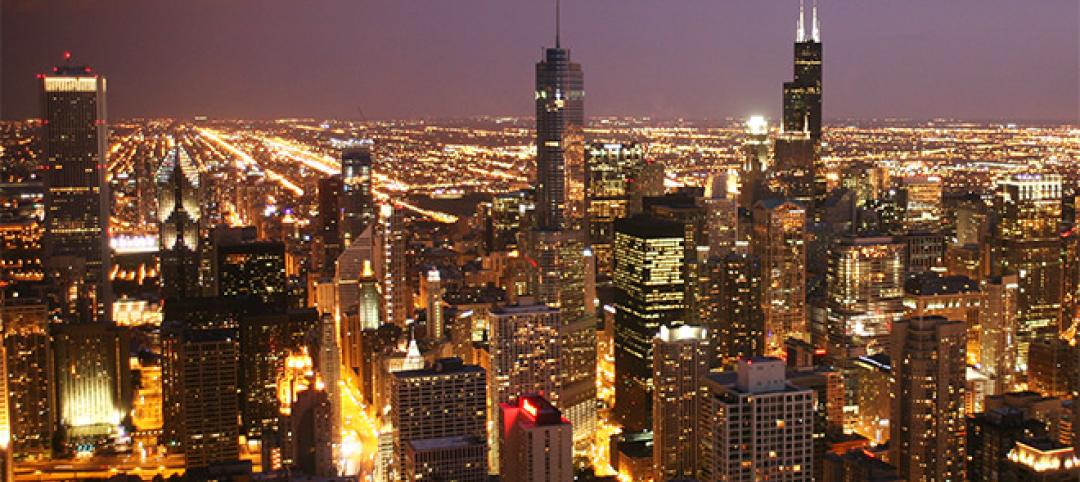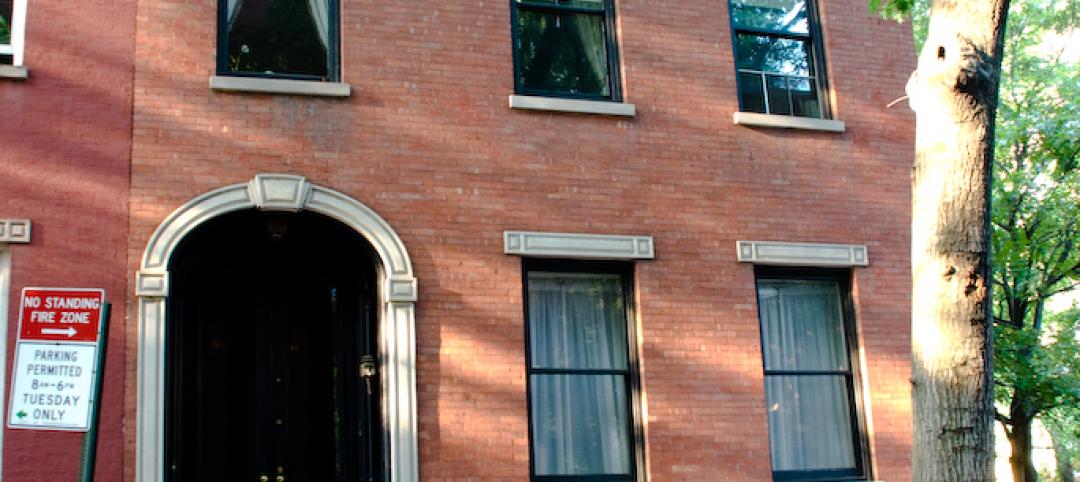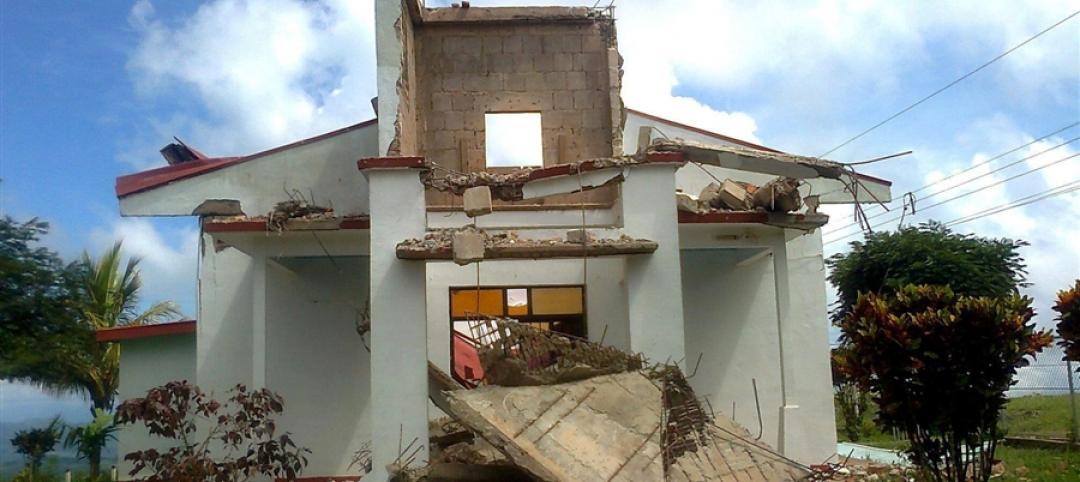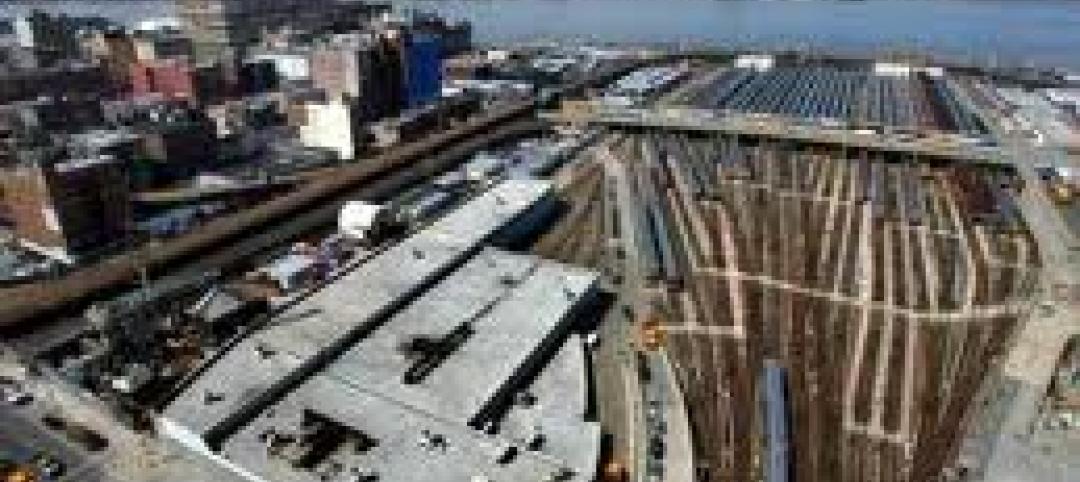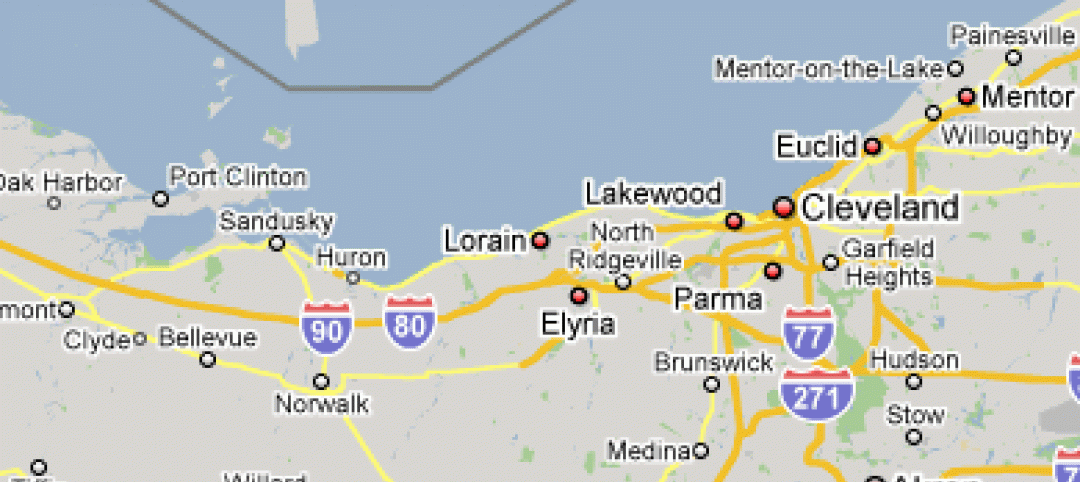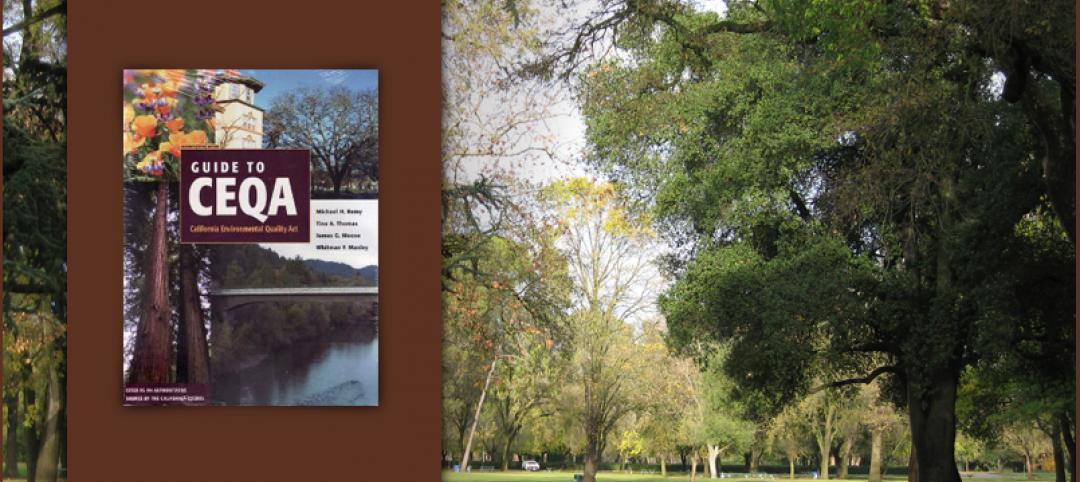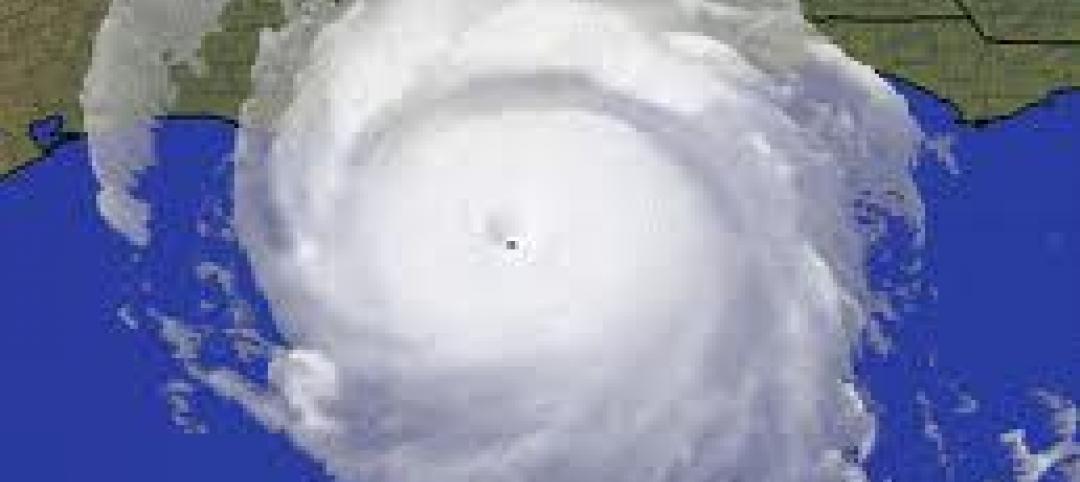Liberty Building Forensics Group, a building forensics firm warned building teams working on hotel projects to be on guard against moisture intrusion and mold.
Rigid adherence to brand standards in new hotel construction without factoring in specific regional and climatic conditions can result in significant mold and moisture issues, Liberty says. Global design standards typically do not take into consideration specific limitations of regional climates.
Regional violations in design standards have repeatedly resulted in extensive and costly mold and moisture problems in hotels, Liberty says. Hotel chains say their design standards are only guidelines, and that the designer or contractor on site is responsible for interpreting how to make adjustments for local climate. But brand standards are so specific and budget-driven that contractors typically adhere to them, even if they’re contrary to best climatic practices, Liberty says.
Liberty Vice President George DuBose says during the recent uptick in new hotel construction, his firm is seeing a recurrence of mold and moisture problems. “What we knew to work so well in the 1990s has been forgotten in today’s hotel design and construction,” Dubose says. “This poses a significant risk of new hotel failures that could mirror what we experienced in the 1980s and 1990s in warm, humid climates.”
Related Stories
| Sep 14, 2012
To create more pedestrian-friendly neighborhoods, Chicago unveils safety plan
As more urban mixed-use and residential developments aim to encourage residents to walk and use mass transit, cities are addressing pedestrian safety.
| Sep 14, 2012
Worker killed in Brooklyn building collapse; overloaded floor decking blamed
One worker was killed after he and others plunged 40 feet through an unfinished upscale Brooklyn townhouse building.
| Sep 14, 2012
NRCA University offers photovoltaic class
NRCA University will offer a class called “Photovoltaic Roof Systems: Energizing Your Business” Oct. 16 in Philadelphia.
| Sep 14, 2012
Costa Rica’s strict building codes prevent major damage in powerful quake
The relatively little damage from a 7.6 earthquake was due in large part to strict building codes in Costa Rica, a country that has long enjoyed more stability, better governance, and stronger economic development than many of its Central American neighbors.
| Sep 14, 2012
Building codes should require continuous connection from roof to foundation, says IBHS chief
“One of the most effective ways to greatly increase a building’s strength and safety during hurricanes, tornadoes and straight-line windstorms is to be sure the building is tied together properly,” says Julie Rochman, president and CEO of the Insurance Institute for Business & Home Safety (IBHS).
| Sep 7, 2012
Related Companies and unions agree to wage-cutting deal on Hudson Yards
The Related Companies has won wage-cutting agreements with four dozen construction unions in its efforts to save money on the $15 billion development of Hudson Yards.
| Sep 7, 2012
Lorain, Ohio considers halting downtown construction while it works out development plan
Construction would stop downtown for six months while Lorain, Ohio officials consider a development plan for the city, according to new legislation.
| Sep 7, 2012
Business, labor groups push for easing of California’s Environmental Quality Act
Business and labor groups have combined forces to push for a change to California's Environmental Quality Act, specifically its complex review process for building and construction projects.
| Sep 7, 2012
Twenty years later, Florida contractors cite Hurricane Andrew as construction game-changer
Remarking on the 20th anniversary of Hurricane Andrew, which devastated south Florida; contractors are noting the storm’s impact on their industry—including the state’s adoption of tougher building codes.
| Sep 7, 2012
At risk for nine types of natural disasters, Texas trails most coastal states on building codes
Texas has the most diverse weather risk in the country, with exposure to nine different types of natural disasters.


